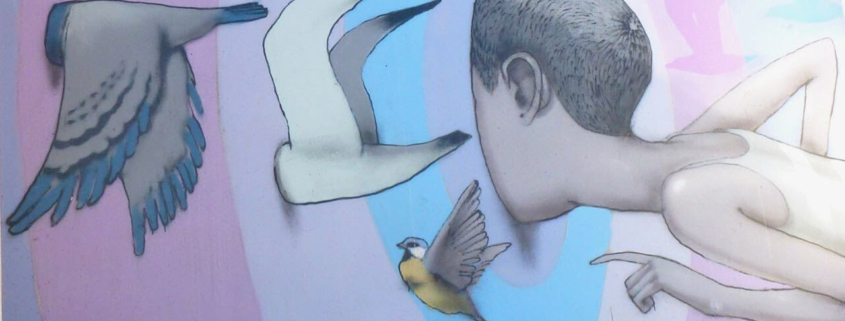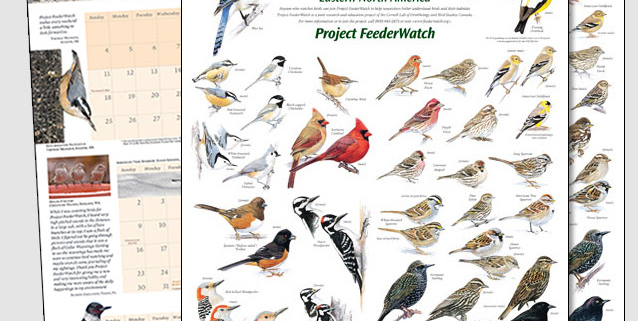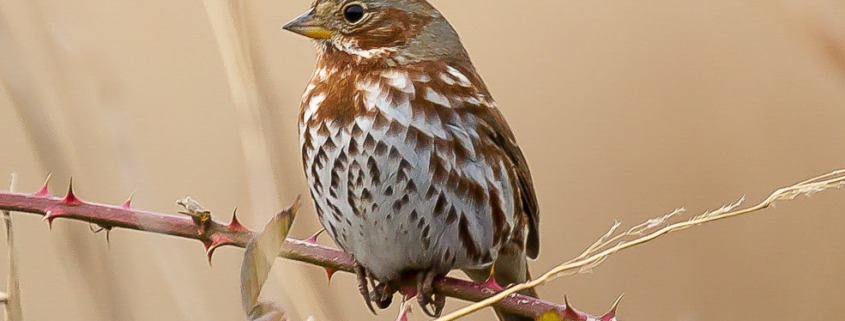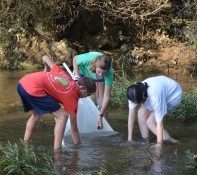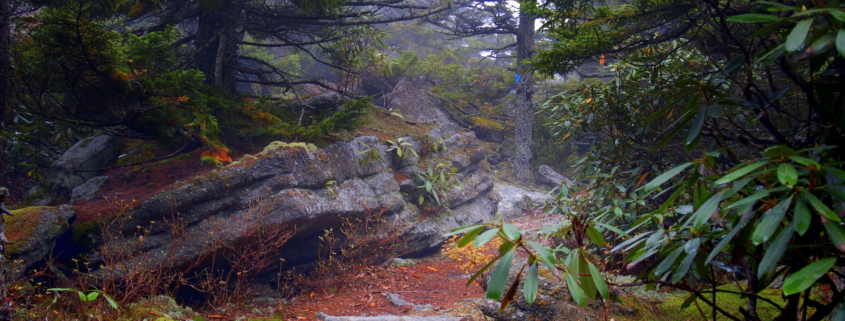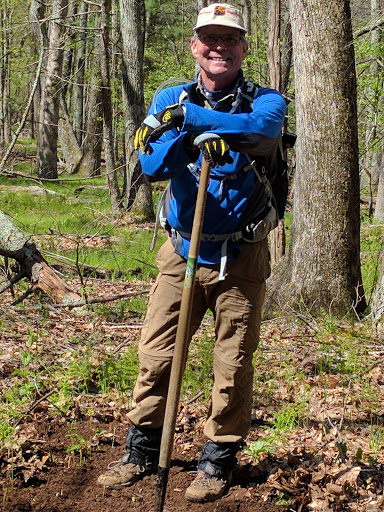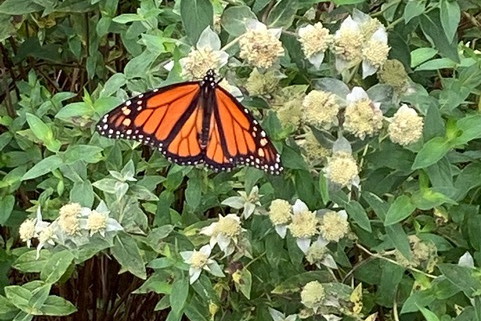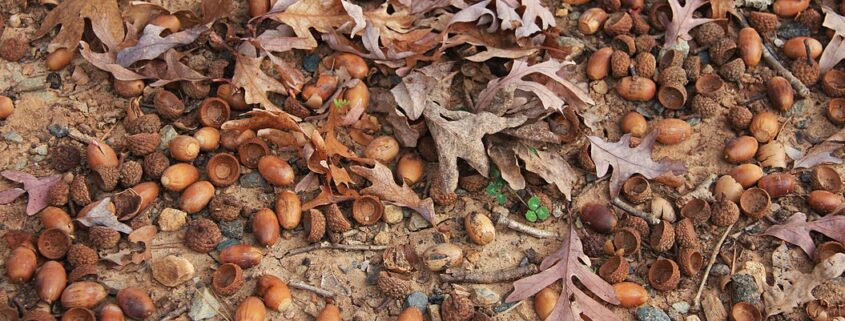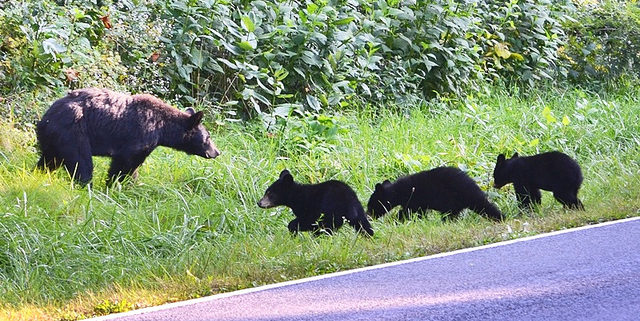Photo by Dcrjsr – Own work, CC BY 3.0
The Virginia Department of Forestry (VDOF) is again seeking 12 species of acorns and nuts that can be planted at its Augusta Forestry Center [Crimora, Virginia] to grow into tree seedlings that will become the forests of tomorrow.
Each year, VDOF asks the public from across the state to collect and donate nuts of select species to be planted at the state nursery. These seeds will produce next year’s hardwood seedling crop, which will be sold to Virginia’s forestland owners. Seedlings grown from Virginia-grown seed generally produces trees that will best thrive in our state’s climates.
In 2019, Virginians did a tremendous job collecting acorns for the nursery. “The public supplied us with tons of acorns and walnuts last year. I am always amazed at the output by Virginians every year,” says Assistant Forestry Center Manager Josh McLaughlin.
Certain nuts can be difficult to find regionally, and availability can change year to year. At times, one species of tree in a region may produce minimal acorns, while others are abundant with “acorns hanging like bunches of grapes,” says McLaughlin. This is why VDOF puts out a call-to-action for landowners across the state. The more trees that can be identified for collection, the more nuts can be potentially planted in the nursery.
Protocols and guidelines for acorn collection remain mostly the same as last year, with some minor adjustments to the collection deadline and species list. Virginia landowners interested in sharing their acorns or nuts are asked to follow these guidelines.
During September and early October, it is easy to pick up nuts in many yards and parking lots. Try to avoid trees in more heavily forested areas because there may be different species of trees nearby, making it difficult to sort the nuts by species for proper planting.
The species the tree nursery needs this year are: black oak, black walnut, Chinese chestnut, chestnut oak, live oak, northern red oak, pin oak, southern red oak, swamp chestnut oak, swamp white oak, white oak and willow oak.
Place the nuts in a breathable sack or bag (no plastic, please). Minimize debris in the bag (e.g. leaves, sticks, gravel). On the bag, please label the species and date of collection.
Once the nuts are collected, place in a cool area (like a fridge or basement) until you are ready to drop them off at a VDOF office. In Fairfax County, bring the acorns to the bins on the first floor of the parking garage behind the Virginia Department of Forestry office at 12055 Government Center Parkway, Fairfax, VA. Nuts must be delivered by October 16, 2020.
Collectors can find more detailed information about collection procedures, nut identification and frequently asked questions on VDOF’s website: https://dof.virginia.gov/tree/acorn-collect.htm
If you have questions, or if there is a tree that needs to be identified before you collect the nuts, please call the Augusta Forestry Center: 540-363-7000.
Master naturalists receive service hour credit for collecting, packaging, and travel to deliver the acorns at code S035.


